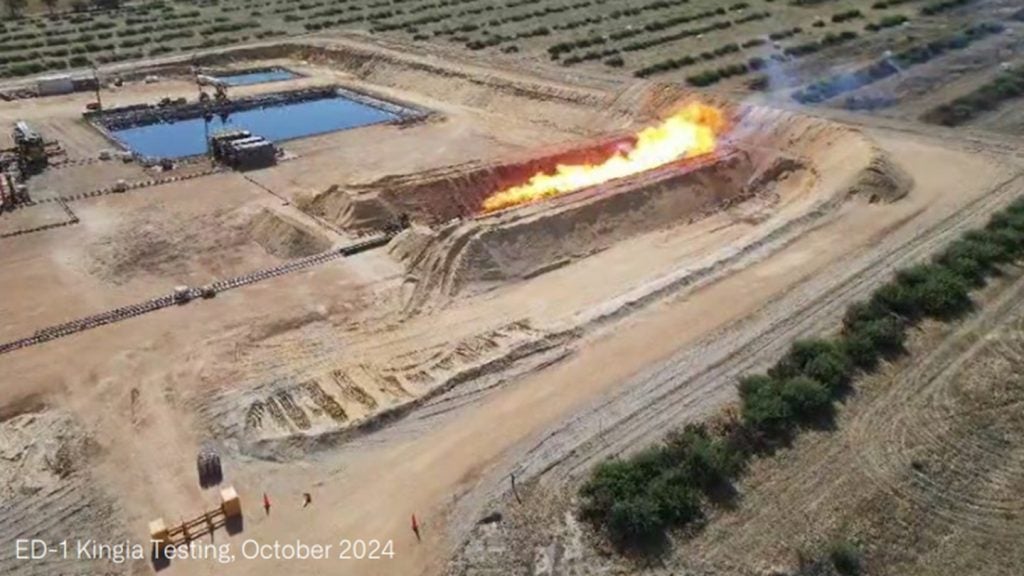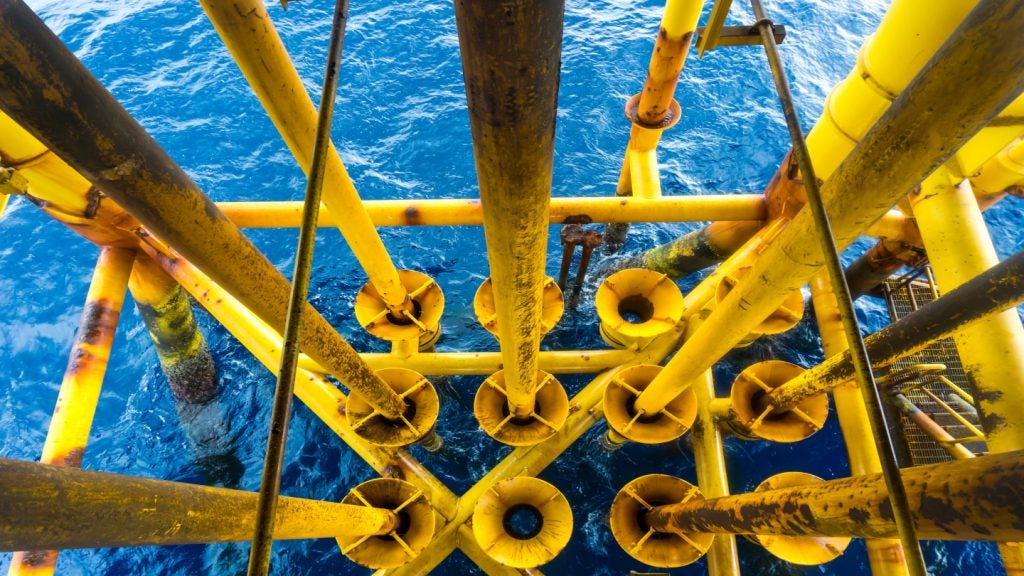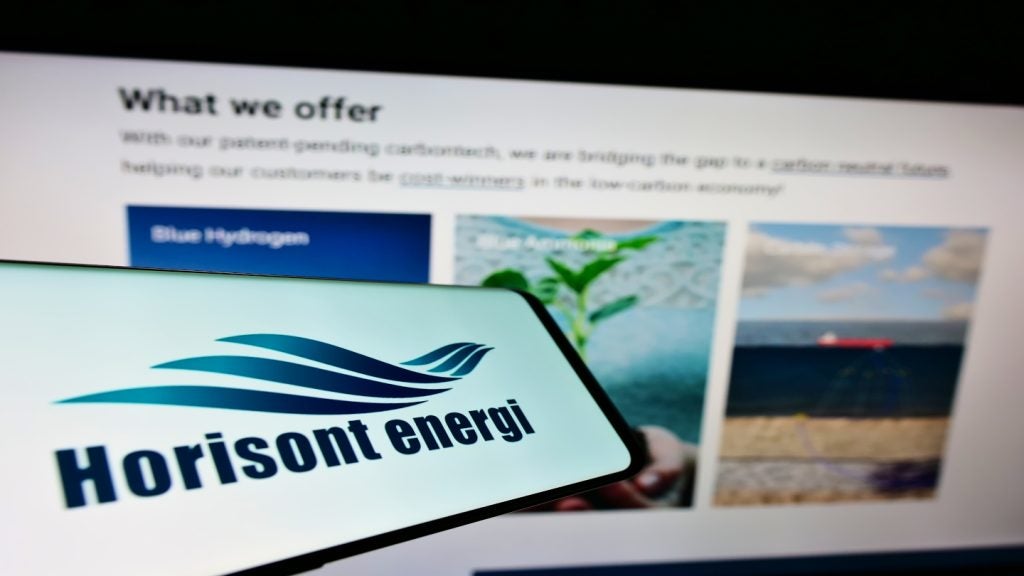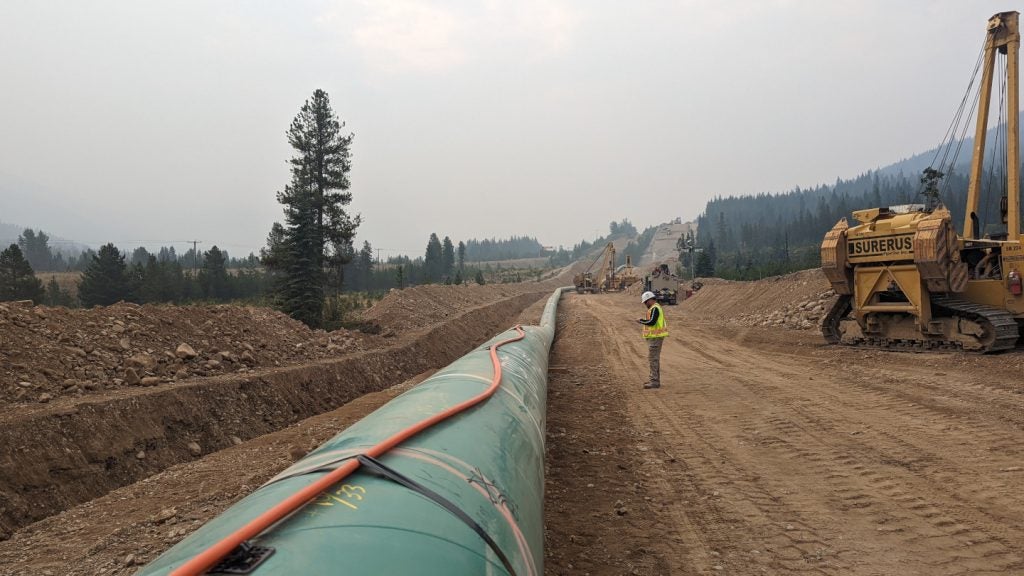Researchers at the Indian Institute of Technology (IIT) Madras are engaged in the development of new processes to support oil recovery from mature offshore wells in the country.
The IIT researchers, in collaboration with Australian research laboratories, are researching the effectiveness of ‘Low-Salinity Enhanced Oil Recovery’ (LSEOR).
The research is being led by IIT Madras Department of Ocean Engineering Professor (Petroleum Engineering) Dr Jitendra Sangwai. It is jointly funded by IIT Madras and Government of India’s Department of Science and Technology (DST). According to a PTI report, the findings of the research are already published in two journals.
The research is aligned with the Oil and Natural Gas (ONGC)’s plan to explore new Enhanced Oil Recovery (EOR) techniques to boost hydrocarbon output in order to address India’s growing energy requirements.
Sangwai was quoted by PTI as saying: “Our research aims to develop indigenous methods for recovery of crude oil from geological reservoirs, which is a complex process.”
Under the LSEOR, the salinity of seawater that is injected into the rock is reduced to improve the wettability of oil-bearing rocks and ensure better recovery.
How well do you really know your competitors?
Access the most comprehensive Company Profiles on the market, powered by GlobalData. Save hours of research. Gain competitive edge.

Thank you!
Your download email will arrive shortly
Not ready to buy yet? Download a free sample
We are confident about the unique quality of our Company Profiles. However, we want you to make the most beneficial decision for your business, so we offer a free sample that you can download by submitting the below form
By GlobalDataOne of the processes includes extracting oil by injecting sea water into the oil-bearing porous rocks, typically limestone and sandstone, which pushes the hydrocarbons out. However, the efficiency of the process varies on the wettability of the oil-bearing rock.
The research assessed the impact of varying salt concentrations in water to analyse the effect of multiple ions on the wettability of quartz surface, which is the main rock-forming mineral in sandstone reservoirs. The scope of the research also included evaluating the effects of acidity and basicity of oil on wettability during LSEOR.
One of the studies identified that the reduced concentration of divalent cations such as calcium and magnesium in salt water can make the quartz less oil wet-able, while sodium ions have opposite impact. The presence of acidic and basic substances in the oil also reduced salt water wettability.
A separate study tested the effect of surfactants and nanoparticles on low salinity water to change sandstone wettability. It found that surfactants can reduce interfacial tension between the oil and water making the water wet-able. The addition of nanoparticles prevents surfactant absorption in the rock.







